Medicinal Chemistry 4 Group (including Analytical Chemistry)
Professor Swen Hoelder’s group designs and then synthesises molecules that could be used as cancer drugs.
Research, projects and publications in this group
Our group's main focus is to apply our medicinal chemistry skills to discover innovative cancer drugs. To achieve that, we collaborate with other research groups, both internally within the unique environment of the ICR, and with external collaborators.
Professor Swen Hoelder
Head of Chemistry:
Medicinal Chemistry 4 (including Analytical Chemistry)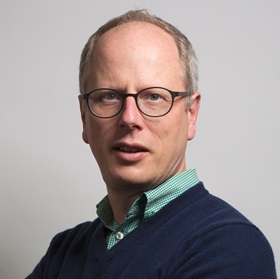
Professor Swen Hoelder is the Head of Chemistry and a key member of the Centre for Cancer Drug Discovery and applies his medicinal chemistry experience to discover and develop new cancer drugs. He has worked in both academia and industry.
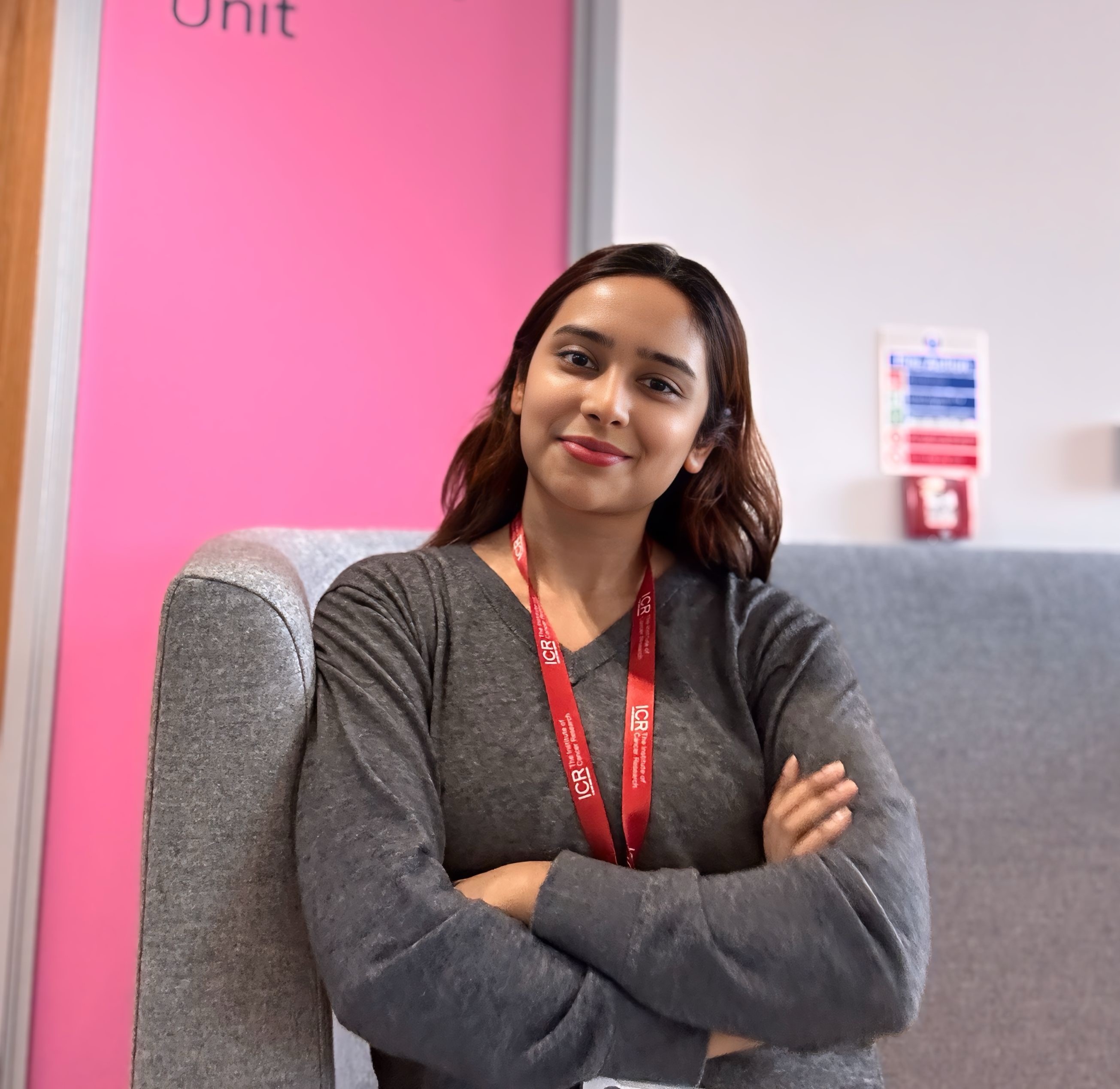 .
.
Email: [email protected]
Location: Sutton
Abeera is a first-year PhD student working across Medicinal Chemistry 4 and the In-Silico Medicinal Chemistry team. Abeera's PhD project will use Grand Canonical Monte Carlo Simulations to investigate cryptic binding sites on proteins. It will be carried out in collaboration with AstraZeneca as part of the industrial CASE (iCASE) studentship scheme.
 .
.
Email: [email protected]
Location: Sutton
Kim joined the ICR in September 2024 as a Postdoctoral Training Fellow. He completed a Master’s degree in medicinal chemistry at the University of Copenhagen under supervision of Prof. Anders Bach, where he worked on developing small-molecule protein-protein interaction inhibitors using fragment-based drug discovery. He then completed a PhD in chemistry at Imperial College London under supervision of Prof. Matthew Fuchter, where his studies regarded the development of photoswitchable inhibitors of various antiviral and anticancer targets using a fragment-based approach. He is currently working on the design and synthesis of small-molecule anticancer agents as part of the Cancer Grand Challenges PROTECT project.
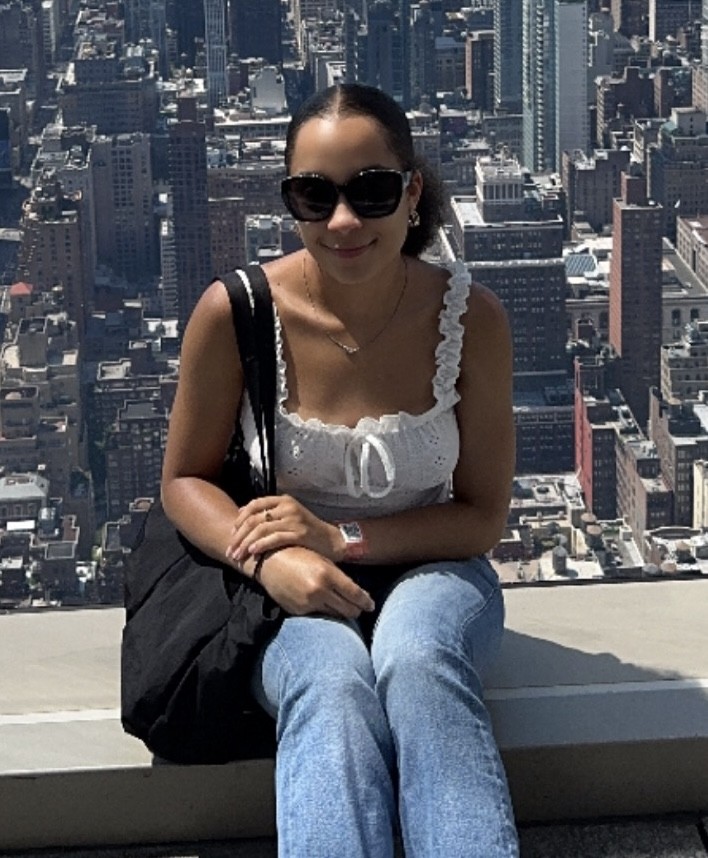 .
.
Selene joined the ICR in January 2024 as a Laboratory Technician apprentice in the Structural Chemistry team. During Selene’s time at the ICR, she has learnt many things about chemistry and how to run several different analytical assays. Selene helps to maintain the Structural Chemistry facility and is really enjoying building her analytical chemistry knowledge.
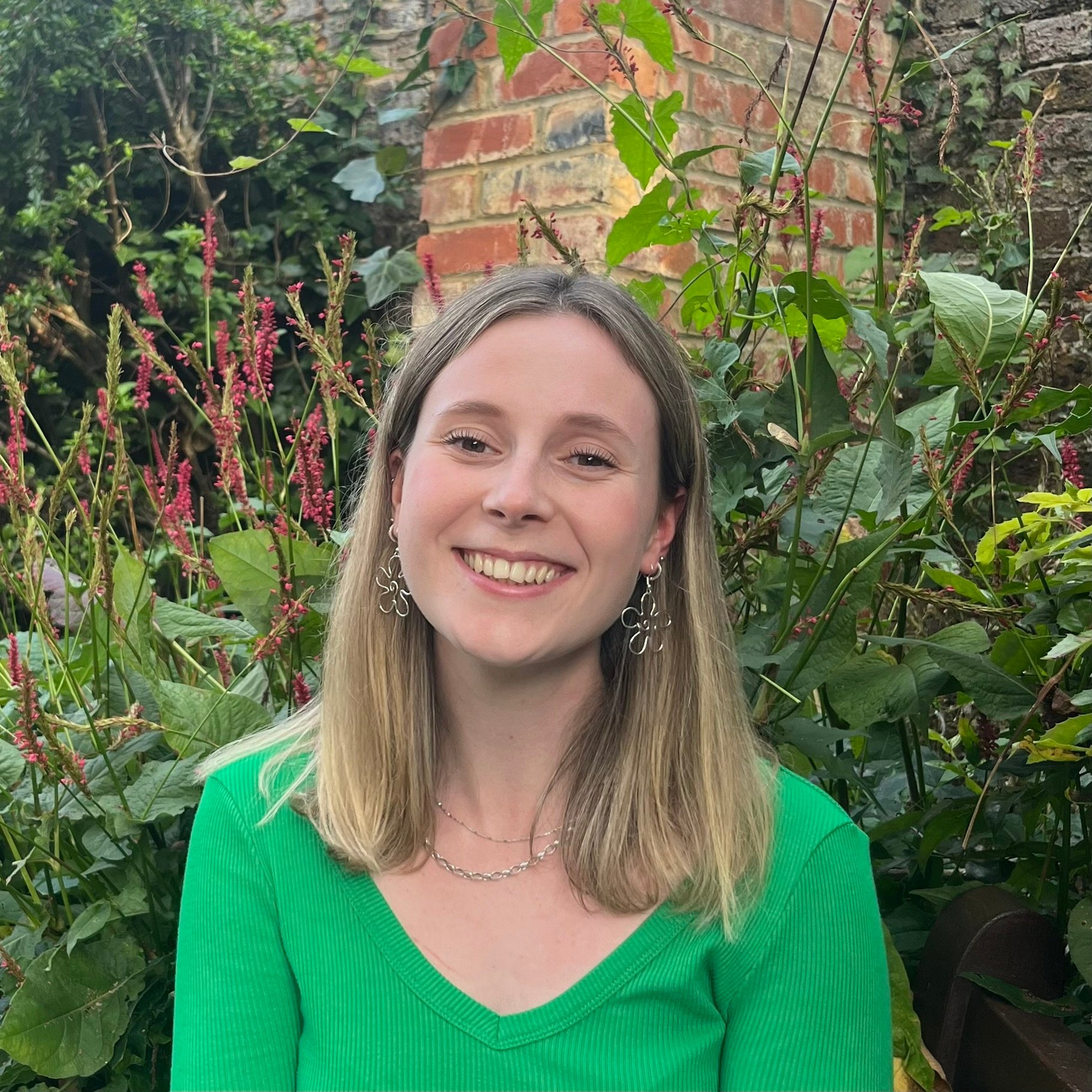 .
.
Katy joined the ICR in October 2023 as a PhD student. She previously completed an MChem at Durham University, where her research focused on novel therapeutics for Alzheimer's disease. At the ICR she is working on a collaborative project with Professor Guettler and Professor Hoelder, developing tankyrase-directed PROTACs as novel scaffolding inhibitors.
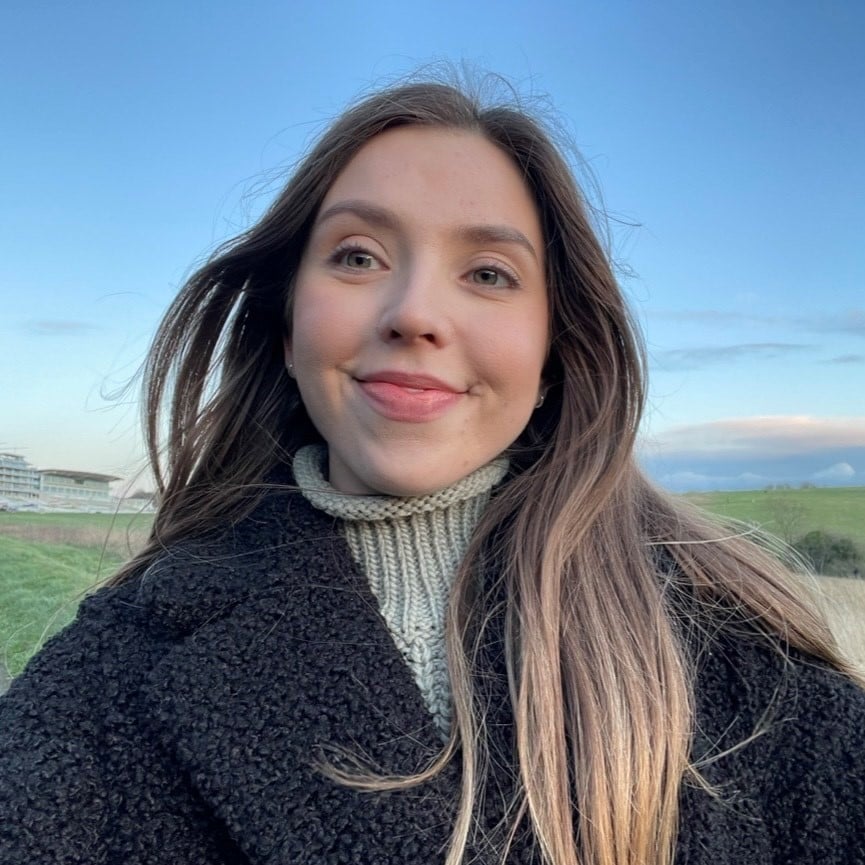 .
.
Email: [email protected]
Location: Sutton
Chloe joined the ICR in October 2022 as a PhD student. After obtaining an MChem in Chemistry with a year in industry at the University of York, Chloe went on to work as a synthetic chemist at Sygnature Discovery for one year. Her research at the ICR is currently focused on the development of chemical tools to drive proximity-induced lytic cancer cell death.
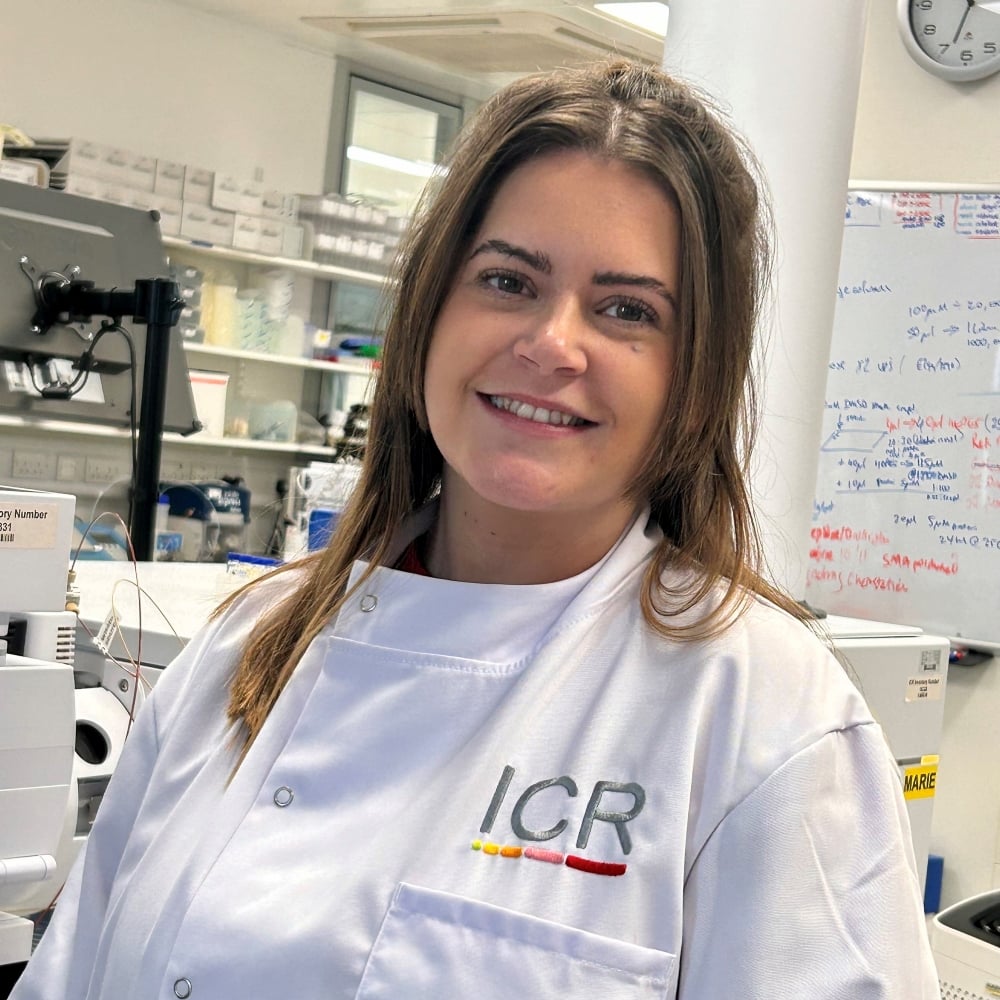 .
.
Lauren joined the ICR and the structural chemistry team in August 2022 as an analytical chemist. Lauren obtained a BSc from the University of Kent in Forensic Chemistry having focused on the toxicological analysis of natural and synthetic cannabinoids. Her work focuses on collaborating with medicinal chemists and supporting CTU projects providing expertise in Mass Spectrometry, Chromatography and spectroscopic techniques.
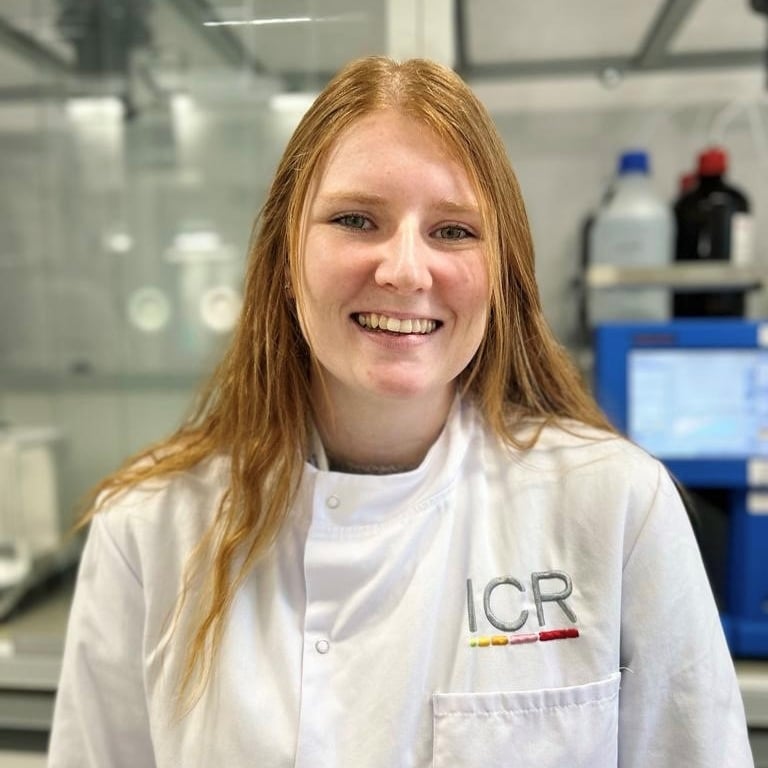 .
.
Beth joined the ICR at the beginning of 2022 as an analytical chemist in the Structural Chemistry team. After obtaining an MSci in Chemistry with a year in industry at the University of Birmingham in 2020, she returned back to Pfizer for a year and a half before joining the ICR. Her work at the ICR focuses on supporting a number of CTU projects providing support with mass spectrometry, chromatography and spectroscopic techniques.
 .
.
Daniella is a PhD student in both the Medicinal Chemistry 4 and the In-Silico Medicinal Chemistry teams. Her PhD project will look at computational approaches to predict the water networks in the binding sites of proteins and is carried out in collaboration with AstraZeneca as part of the industrial CASE (iCASE) studentship scheme.
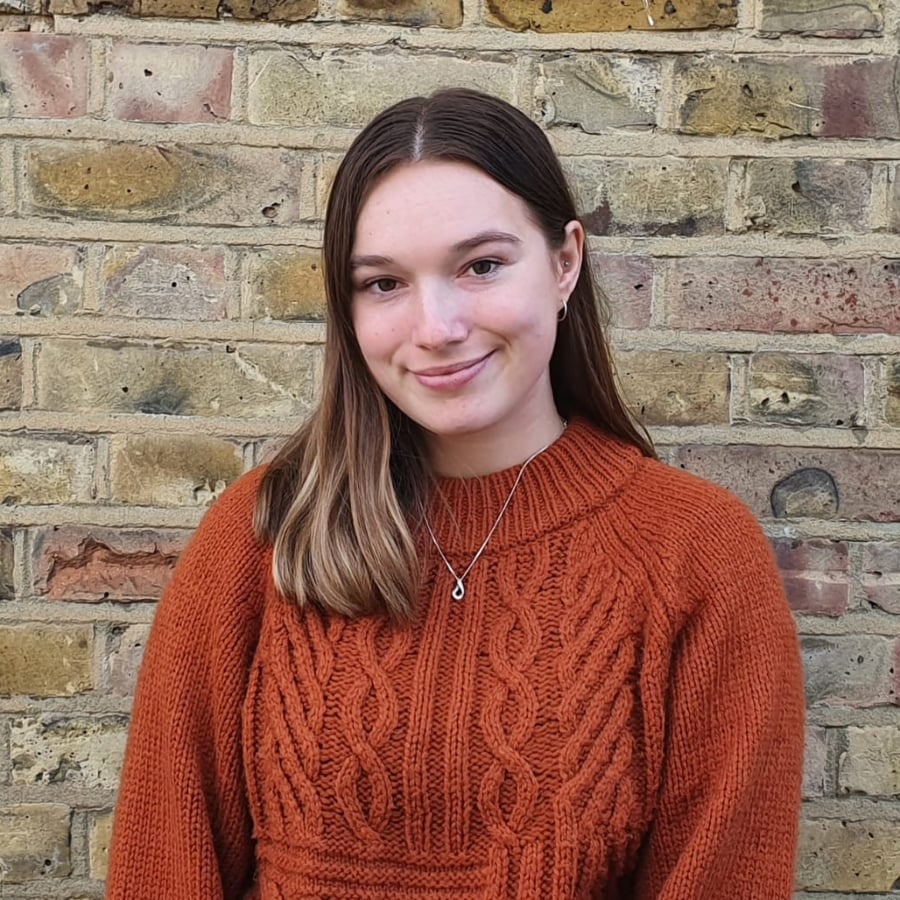 .
.
Email: [email protected]
Location: Sutton
Katie joined the ICR in 2021 as a PhD student. She previously obtained her Bsc at The University of Sheffield and went on to work as a medicinal chemist at Redx Pharma for a year. She is currently working on converting existing small molecule inhibitors into degraders by identifying structural features that can lead to target degradation.
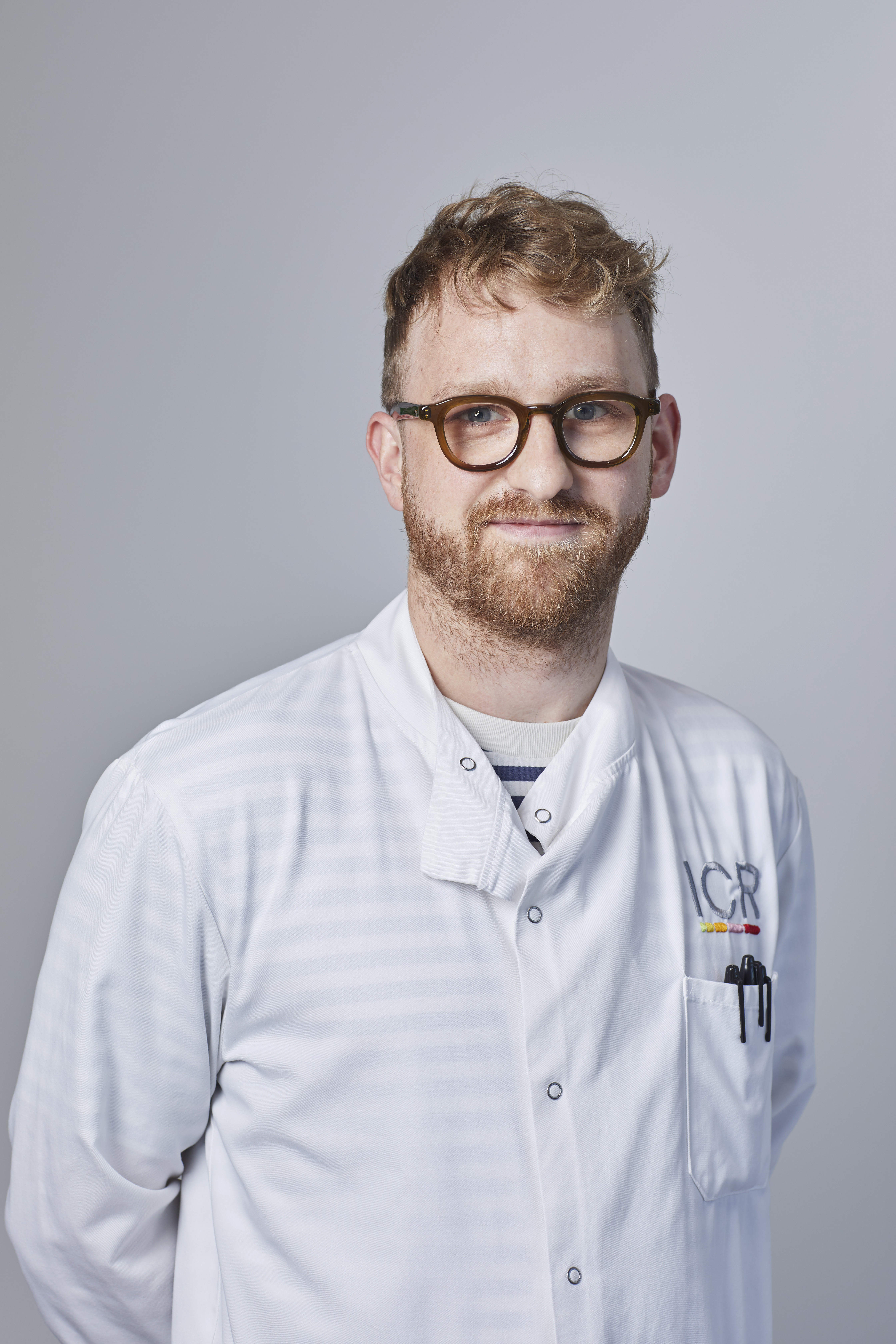 .
.
Nick joined the ICR in February 2021 as a postdoctoral training fellow. As of September 2024, Nick holds the role of Senior Scientific Officer. He completed his PhD at the University of Birmingham working on covalent inhibitors and PROTACs. After his PhD, Nick took up a postdoctoral fellowship at the University of Ottawa working on peptidomimetic covalent inhibitors. Since joining the ICR, Nick has contributed towards inhibitor and protein degradation projects within the team.
 .
.
Email: [email protected]
Location: Sutton
Pasquale joined the ICR in September 2020 as a Postdoctoral Training Fellow. He previously studied chemistry and medicinal chemistry at Newcastle University, followed by a PhD at the Newcastle Centre for Cancer under the supervision of Prof. Mike Waring, focusing on using covalent inhibitors to target tumour cells. He currently works on design and synthesis of molecules as cancer therapeutics.
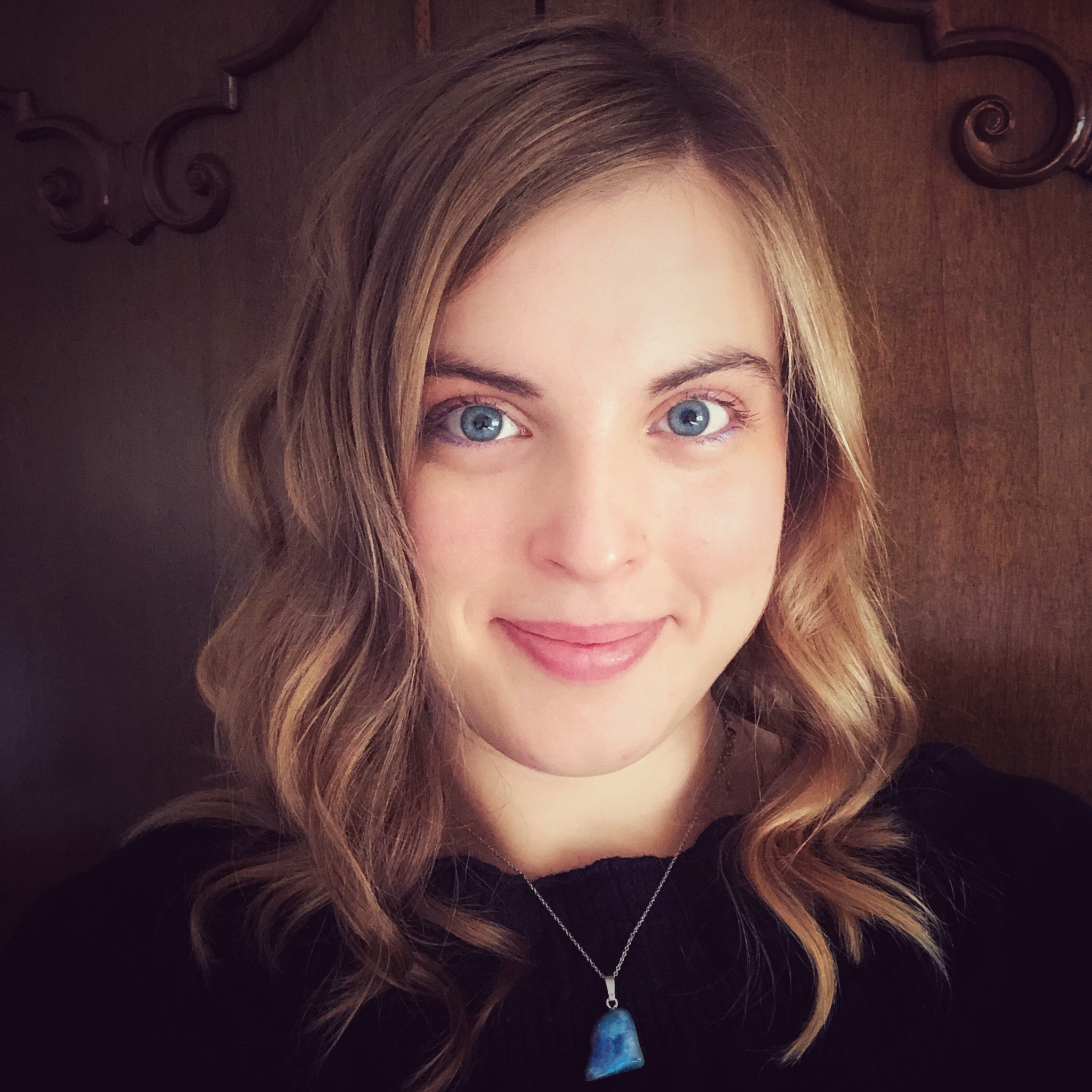 .
.
I am an EA within the Division of Cancer Therapeutics. I support Professor Swen Hoelder in the role of Head of Chemistry and Team Leader of the Medicinal Chemistry 4 team. I contribute to the team with my expertise in administrative support so that everyone can focus their time and energies on researching innovative solutions for cancer treatment.
 .
.
Email: [email protected]
Location: Sutton
Alice joined the ICR in 2019 as a postdoctoral training fellow. She gained her PhD at Durham University synthesising responsive lanthanide complexes for MRI detection. She is currently working on the design and synthesis of both degraders and inhibitors of a transcriptional repressor protein.
 .
.
Email: [email protected]
Location: Sutton
Maggie joined ICR in 2008 as NMR spectroscopist in the Structural Chemistry team after finishing her PhD study. In the past 12 years, apart from NMR, she has built up expertise in a wide range of analytical spectroscopy such as HPLC and MS and develops methods to support chemistry teams. She also expended her research into NMR based drug discovery, set up NMR fragment screening and ligand observed NMR assays for drug discovery projects.
 .
.
Email: [email protected]
Location: Sutton
Amin joined the ICR at the beginning of 2000 after completing his PhD at the University of Bath with the late Prof. J.M.J. Williams. Since 2004 he has led Structural Chemistry in developing mass spectrometry and NMR approaches for CTU projects. He oversees a facility that provides expertise in small molecule characterisations, separations & purifications, physchem properties assay, and protein & ligand interactions.
 .
.
Following 10 years in the pharmaceutical industry as a medicinal chemist, Dr Bellenie joined the ICR in 2014, where he works with multidisciplinary project teams seeking to discover new cancer treatments. He's interested in exploring new modalities including degraders and compounds that induce protein-protein interactions, and he supervises PhD projects in this area. He organises a drug discovery training programme for ICR scientists, and also teaches a medicinal chemistry course at UCL.
Within the group, we typically work on up to three drug discovery projects with the ultimate aim of delivering preclinical candidates. These projects are at different stages and include early projects that are in the hit discovery phase, as well as a more mature project where we optimize advanced lead compounds to yield preclinical candidates.
In our current main drug discovery project, we are targeting a protein-protein interaction to deliver a new therapy for diffuse large B-cell lymphoma (DLBCL), a particular aggressive form of lymphoma. This project is in lead optimization and we work closely with the Target Evaluation and Molecular Therapeutics, the Cancer Pharmacology and Stress Response, the Hit Discovery and Structural Design and the Drug Metabolism and Pharmacokinetics groups at the ICR to achieve our aims.
We started this project by discovering weakly potent fragment-like hit matter. We optimized these starting points and discovered different chemical series including inhibitors that show IC50s in the low nanomolar range. We are currently optimizing these chemical series towards a preclinical candidate and at this stage put particular emphasis on optimizing the in vivo pharmacokinetic properties and pharmacodynamics effects. Throughout the project we have explored crystal structures and structure based design.
In addition to our drug discovery projects, different PhD projects are ongoing within the group. The key goal of Ellen’s project is to design and synthesise dual kinase bromodomain inhibitors targeting ALK and BRD4. This combination will target multiple pathways of cancer growth and survival in high-risk neuroblastoma patients. So far, Ellen has been successful in optimising a known dual inhibitor towards a dual ALK-BRD4 profile and is currently analysing the efficacy of the compounds in vitro.
Charlie Robertson and Will Darlow are also PhD students, working on bifunctional modulators to target cancer cells.
The main focus in our group is to apply our medicinal chemistry skills to discover innovative cancer drugs. To achieve that, we collaborate with other research groups, both internally within the unique environment of the ICR, and with external collaborators. A recent example is the MPS1 inhibitor BOS172722 that was designed and synthesised in our group. BOS172722 is currently undergoing Phase I clinical trials at The Royal Marsden Hospital for triple negative breast cancer, a disease that represents a high medical need. The MPS1 project was a highly interdisciplinary effort to which several groups at the ICR contributed.
Apart from focusing on clinical candidates, we are also keen to identify selective inhibitors as chemical probes as exemplified by BAZ2-ICR that we discovered in collaboration with the Structural Genomics Consortium. BAZ2-ICR was the first inhibitor to be published for the BAZ2 bromodomains. Tool compounds are invaluable to deepen our understanding of the role of the target in cancer.
We place a strong emphasis on applying rational design and in particular, we explore structural information to identify and optimise lead compounds. Examples are our recent publications on inhibitors of the kinase ACVR1, a target for a rare and aggressive paediatric brain cancer, and the BAZ2A/B bromodomains as well as dual kinase bromodomain inhibitors targeting ALK and BRD4 for the treatment of high risk neuroblastoma.
The group also has significant experience in late stage lead optimisation, particularly the utilisation of in vivo pharmacokinetic and pharmacodynamics data to deliver preclinical drug candidates as exemplified by the discovery of BOS172722.
To facilitate our drug discovery programs, we establish and develop synthetic approaches, for example a high yielding route that allowed upscaling of BOS172722 in the Kg range and a concise approach to a new type of stapled peptide.
A final, but very important, goal of the group is to train junior group members in medicinal chemistry, both through teaching of the scientific principles and through training on the job.
Industrial partnership opportunities with this group
Opportunity: A potent, orally bioavailable clinical-stage inhibitor of MPS1 with potential as a treatment for a range of cancer types including triple negative breast cancer
Commissioner: Swen Hoelder
Recent discoveries from this group

New way to kill cancer cells could lead to longer lasting protection for people with breast cancer
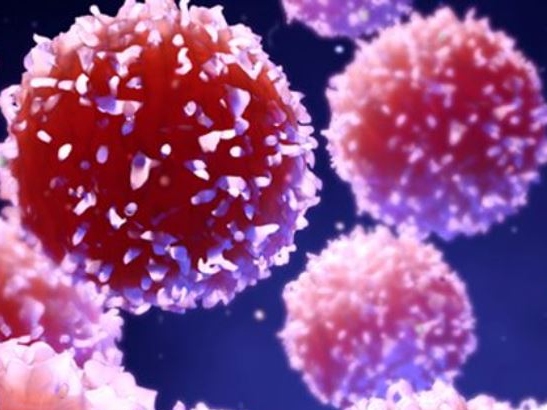
Scientists create potent ‘degrader’ of cancer-driving protein
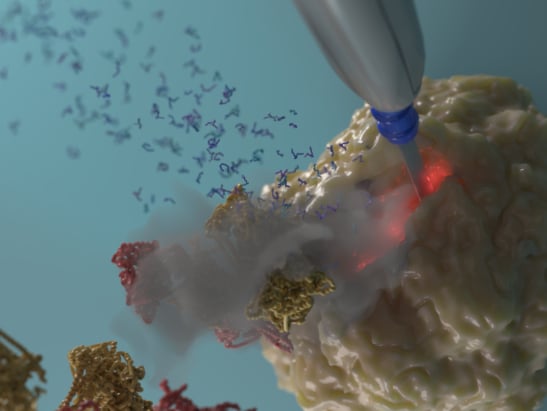
Scientific achievements of 2020
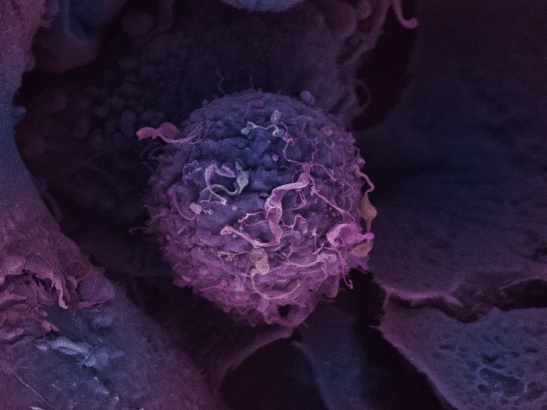
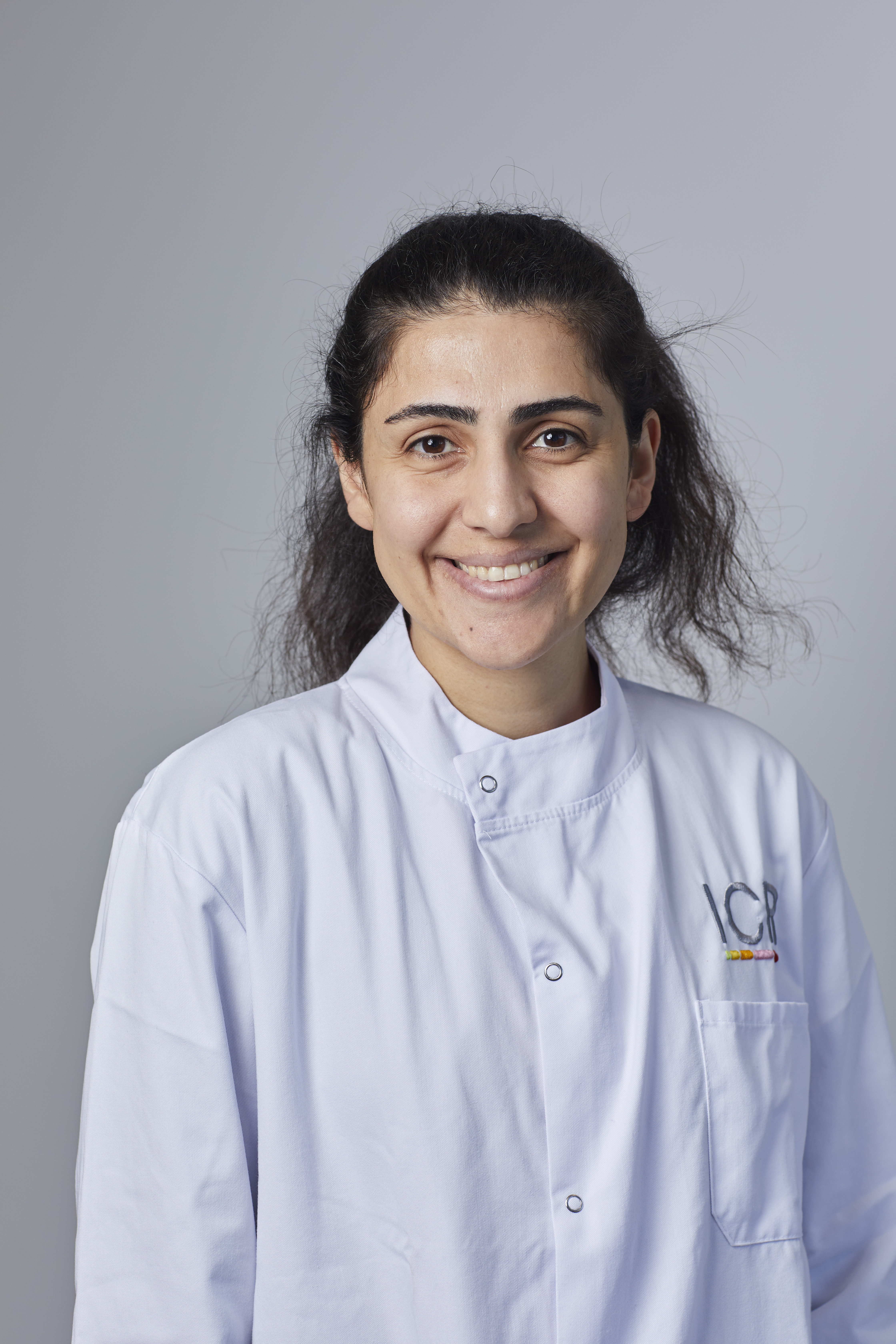 .
.
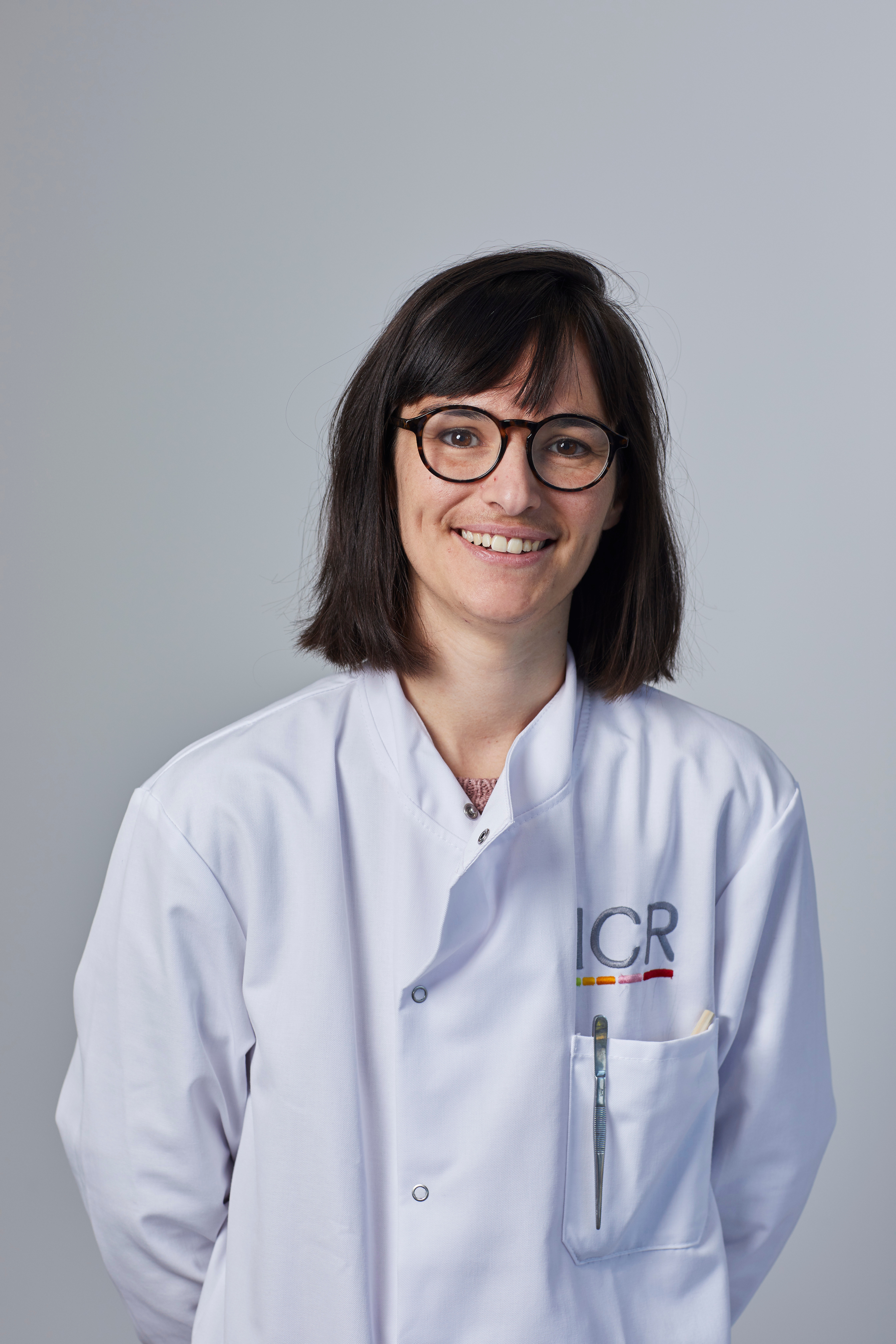 .
.